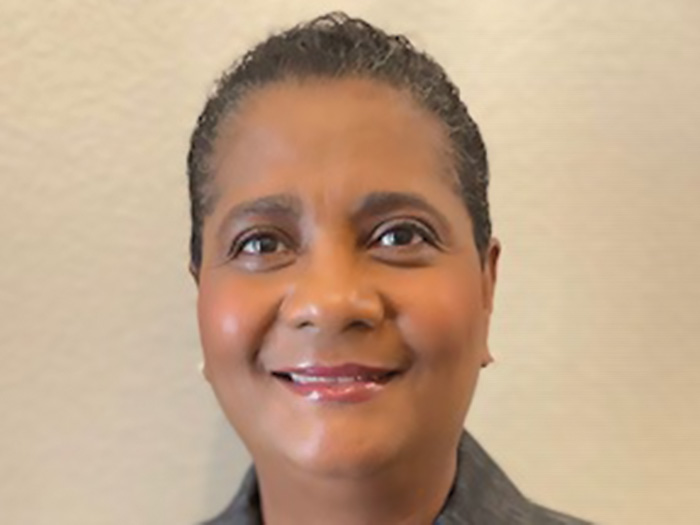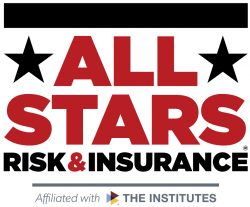With 60,000 Employees to Keep Safe, How Hotel Risk Manager Sherri Johnson Navigated Both a Merger and a Pandemic

Sherri Johnson has built a reputation on handwriting get-well cards to sick employees.
So when the pandemic hit, her job was more than managing through unchartered waters; it was about putting her employees first.
“My whole focus was making sure employees were taken care of — we knew that the pandemic wasn’t going to last forever, so how do we keep operations going and protect employees as much as we can?” Johnson said.
As the vice president of corporate claims for Aimbridge Hospitality, Johnson had over 1,500 hotels in her hemisphere to oversee with approximately 60,000 employees to protect at the onset of the pandemic.
Keeping employees safe would be no small feat.
Added to that, Aimbridge had undergone a significant merger only six months prior to shutdowns. Not only was the company working diligently to integrate two large hospitality giants into one company, but they were also working through COVID safety protocols and implementation.
Aimbridge formed a corporate response team early on, comprised of risk management, legal, operations, human resources and the procurement department.
Johnson said this response team fielded daily calls from its hotels’ general managers.
“We were there to answer whatever questions, address whatever issues were going on at their hotels. We conducted a weekly COVID update that helped keep the communication lines open.”
Johnson and her team took it a step further and redeployed one of Aimbridge’s existing reporting platforms to aid in communication and reporting of incidents. An email platform was dedicated solely to COVID-19 communication, enabling easy access to those monitoring the COVID situation closely.
Further, the team worked round the clock to meet the regulatory reporting standards of the jurisdictions its employees worked in. California State Bill 1159 was one such regulatory hurdle for the team to address.
The bill required positive COVID-19 cases be reported within three business days, whether the illness was contracted at work or not. Required in the report was the date the employee tested positive, the address of their employer, and the highest number of employees who reported to that specific work site.
Reporting penalties cost $10,000 for each violation.
“Our hotels were already overburdened [with operational changes and protecting employees]. We had our hands full. We decided our best option would be to identify a resource outside our team to help with COVID tracing,” said Johnson.
Enter Gallagher Bassett, which, through the email system Johnson’s team had already set in motion, was able to collect the required contact tracing data — and not just for California employees but for all of Aimbridge’s employees so that if there were ever any questions or concerns, Johnson and her team would have the contact tracing information ready to go.
“With Gallagher Bassett’s help, we were able to trace over 600 incidents, and I’m happy to report that we did not have any of the outbreaks that were defined under SB 1159,” Johnson said. &
 Every year, Risk & Insurance selects deserving candidates to become Risk All Stars. These are risk managers who, through their perseverance, passion and creativity, make a big difference to the stability of their organizations.
Every year, Risk & Insurance selects deserving candidates to become Risk All Stars. These are risk managers who, through their perseverance, passion and creativity, make a big difference to the stability of their organizations.
See all the 2021 Risk All Star Winners here.










